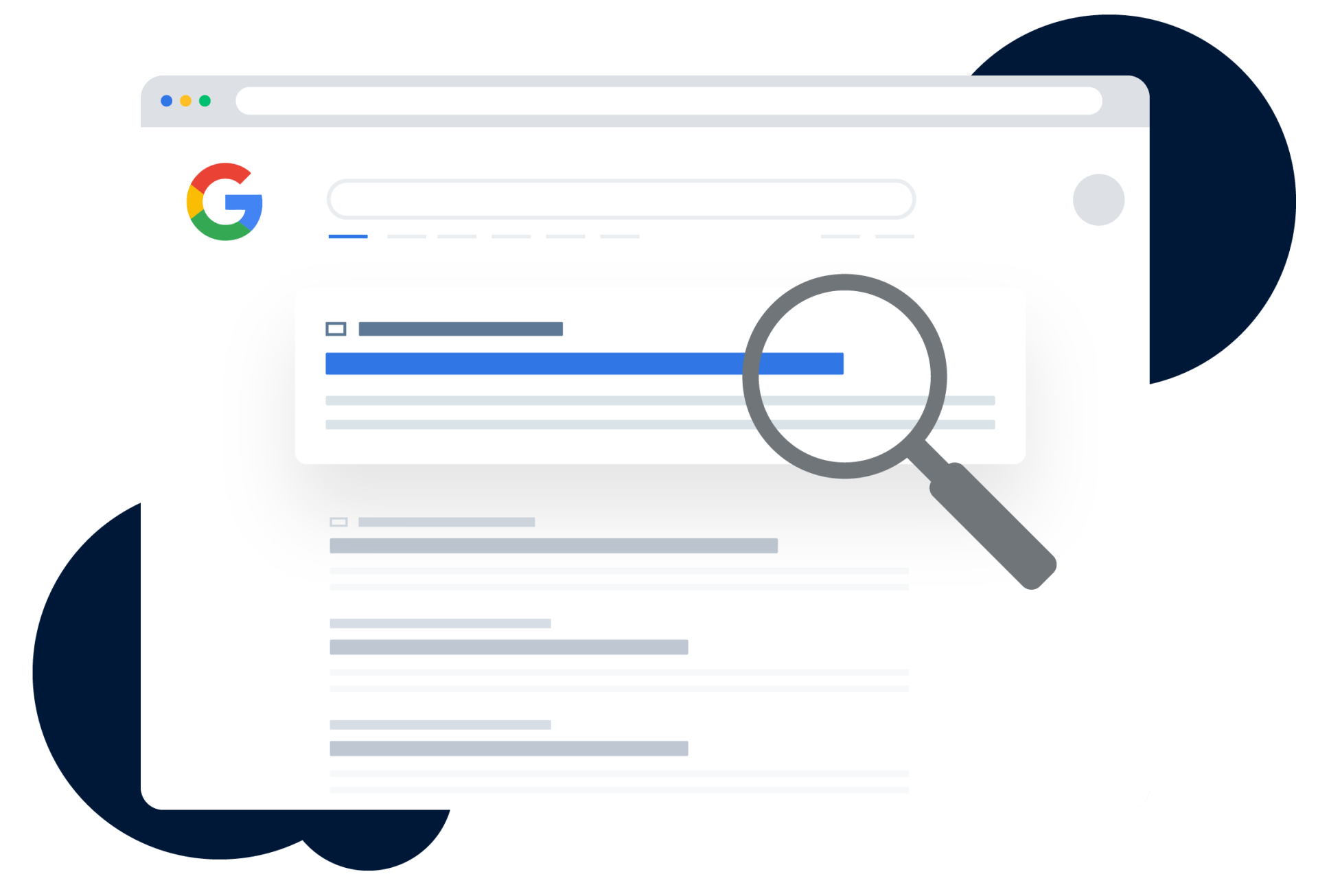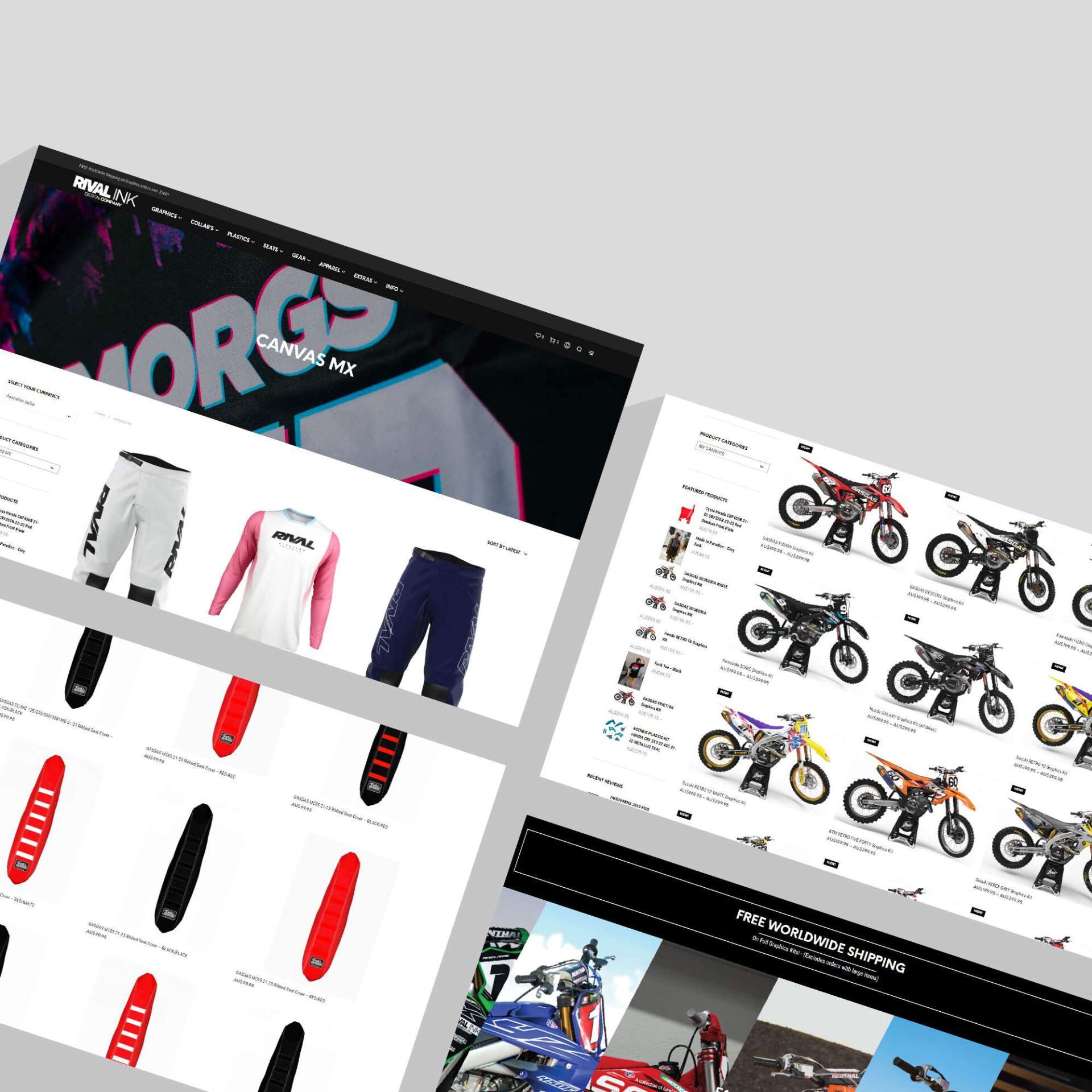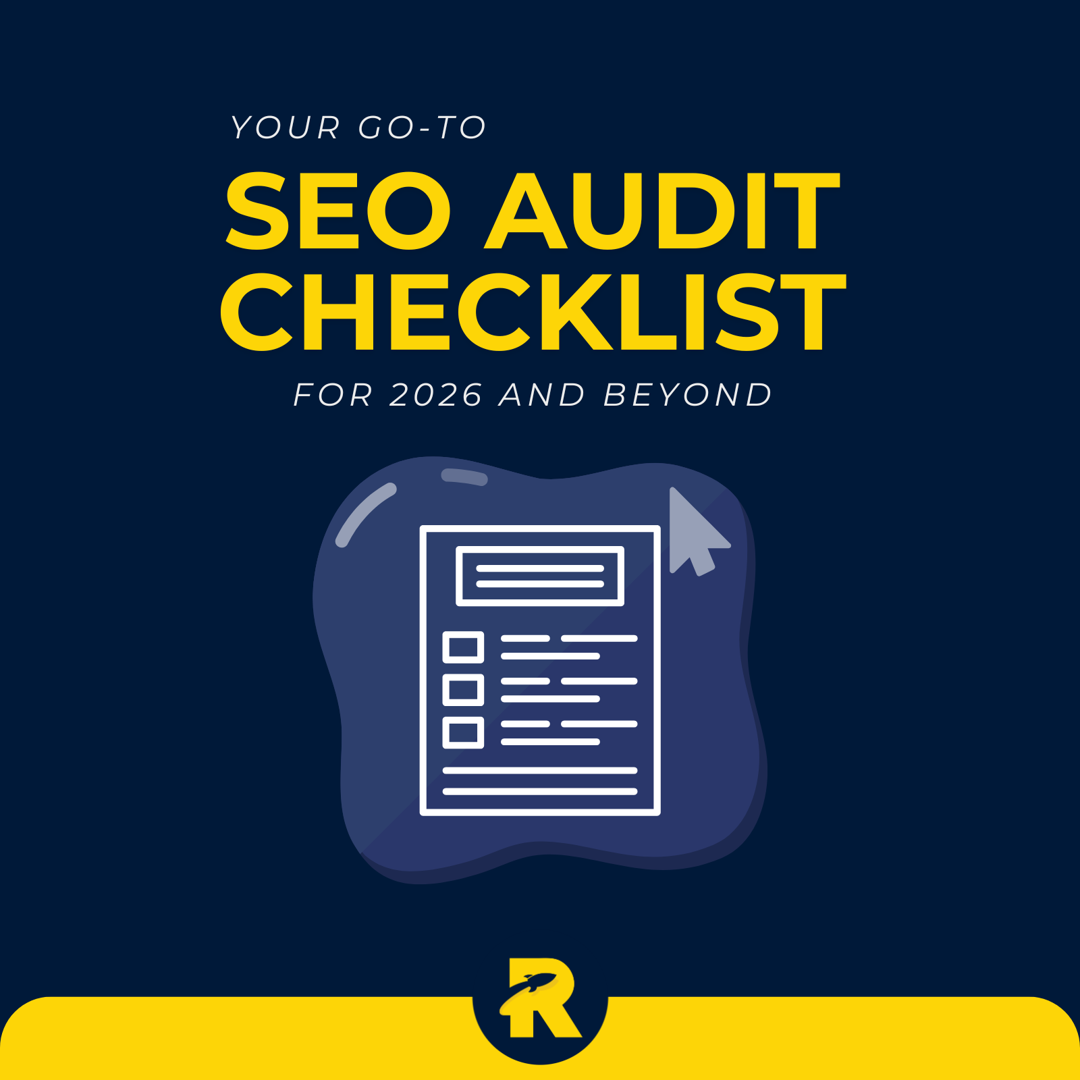Shopify Success – SEO and Growth Hacks for Niche Stores
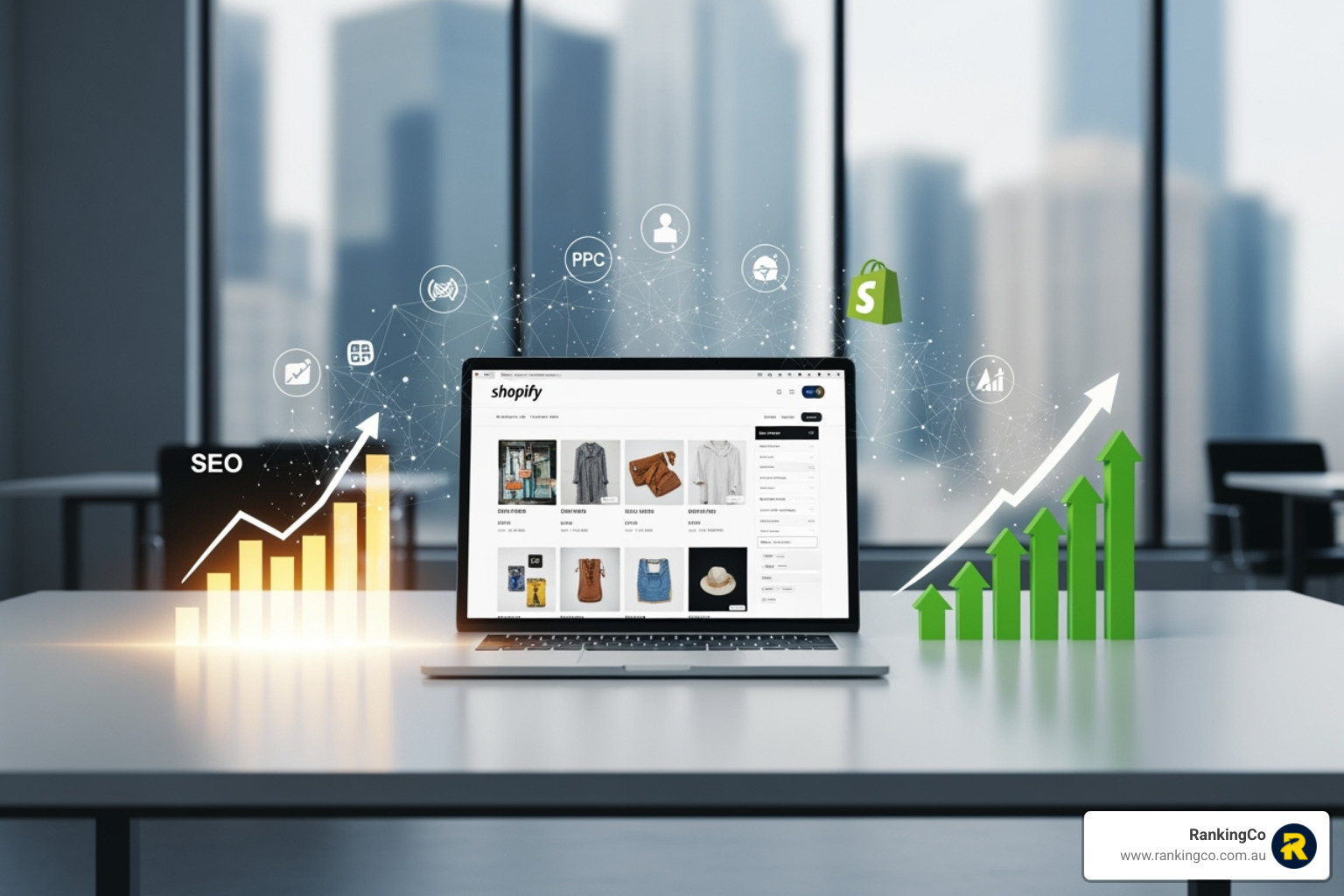
Why Niche Stores Need Specialised SEO and Growth Marketing

Shopify SEO and growth marketing for niche online stores requires a fundamentally different and more sophisticated approach than broad-market strategies. While general e-commerce tactics are designed to compete in a vast ocean of millions of products, niche stores possess unique advantages that a carefully crafted SEO and growth marketing strategy can amplify. A niche market is defined by its focus on a specific, well-defined segment of a larger market, catering to a particular set of needs, preferences, or identities that are often underserved by mainstream providers. This specialisation is not a limitation but a strategic asset, fostering higher customer loyalty, greater pricing power, and a more defensible market position.
The numbers tell a compelling story about the power of search visibility. Industry data consistently shows that 93% of online experiences begin with a search engine , and SEO leads have a 14.6% close rate, a figure dramatically higher than the 1.7% close rate for traditional outbound leads. For niche stores, this impact is even more pronounced. The first organic search result is ten times more likely to be clicked than the result in the tenth position, meaning visibility is paramount for capturing highly motivated buyers.
With over 5.2 million stores operating on Shopify , standing out demands a strategic approach that combines technical excellence with a deep, empathetic understanding of a specific audience. The core challenge is not merely to be found, but to be found by the right audience—one that is actively seeking the specialised products offered. This is where a custom strategy becomes indispensable.
Key Elements of Niche Shopify Success:
- Long-Tail Keyword Targeting : This involves focusing on highly specific, multi-word phrases that signal strong buyer intent. For example, instead of targeting the broad term "running shoes," a niche store might target "vegan trail running shoes for wide feet." These keywords have lower search volume but attract a significantly more qualified audience, leading to higher conversion rates and a better return on investment.
- Community-Driven Content : Niche audiences are often built around a shared passion or identity. Building authority requires creating content that speaks to this passion. This goes beyond simple product descriptions to include expert guides, in-depth tutorials, and content that validates the customer's interest, positioning the brand as a central hub of expertise and community.
- Strategic Link Building : For niche brands, authority is built through association. This means partnering with respected niche publications, influential bloggers, and dedicated community forums. A single backlink from a highly trusted source within the niche is far more valuable than dozens of links from generic, high-traffic websites, as it serves as a powerful endorsement to a discerning audience.
- Targeted Paid Advertising : Precision is the hallmark of effective paid advertising for niche markets. Instead of broad campaigns, strategies should leverage granular audience targeting based on specific interests, behaviours, and demographics. This minimises wasted ad spend and ensures that marketing messages reach the most passionate and likely customers.
- E-E-A-T (Experience, Expertise, Authoritativeness, Trustworthiness) Optimisation : For niche customers, trust is a primary purchasing driver. Demonstrating first-hand experience with the products, showcasing deep expertise in the subject matter, building authority through credible endorsements, and ensuring complete trustworthiness through transparent business practices are critical for both search engine rankings and customer confidence.
RankingCo specialises in developing and executing these sophisticated strategies. With over 15 years of experience helping businesses scale through strategic digital marketing, our expertise in Shopify SEO and growth marketing for niche online stores is derived from hands-on experience turning niche passion into profitable, sustainable growth.
Quick Shopify SEO and growth marketing for niche online stores terms:
- Can RankingCo Handle Multi-Channel Marketing Strategies?
- conversion-focused marketing
- Lead generation for small businesses
Key Shopify Advantages for Niche Stores
Shopify is the platform of choice for over 5.2 million stores globally, largely because its design philosophy and feature set align perfectly with the operational and strategic needs of niche businesses. It provides a robust yet accessible foundation upon which to build a highly specialised e-commerce presence.
- Ease of Use : The platform's intuitive interface, including a drag-and-drop website builder and streamlined dashboard, allows entrepreneurs to focus on product development, customer engagement, and brand building rather than getting mired in technical complexities. Managing products, processing orders, and updating site content are straightforward, empowering store owners to remain agile.
- Scalability : Shopify's infrastructure is engineered for growth. It can seamlessly handle a business's entire lifecycle, from its first sale to thousands of transactions per day. For high-volume merchants, Shopify Plus offers enterprise-level capabilities, ensuring the platform can support a business as it scales without requiring a costly and disruptive migration to a new system. This is crucial for niche stores that may experience rapid growth as their audience finds them.
- App Ecosystem : The Shopify App Store, with nearly 10,000 applications, is a significant advantage. It allows for extensive customisation of a store's functionality. Niche businesses can integrate specialised apps for everything from advanced SEO analysis and customer review syndication to subscription box management and loyalty programs. This modular approach enables a store to add powerful features precisely custom to its business model and customer base.
- Customisable Themes : A niche brand's visual identity is critical for connecting with its target audience. Shopify's extensive library of premium and free themes provides a professional starting point. These themes are highly customisable, allowing a brand to create a unique aesthetic and user experience that reflects its specific niche. This ability to craft a bespoke storefront helps in building a strong, memorable brand that resonates with passionate customers.
- Mobile-First Approach : With a majority of e-commerce traffic and a growing percentage of sales originating from mobile devices, a flawless mobile experience is non-negotiable. Shopify's platform is inherently mobile-first, with all themes being fully responsive. This ensures that a store delivers a seamless, fast, and intuitive shopping experience on smartphones and tablets, which is essential for maximising conversions and satisfying Google's mobile-first indexing criteria.
Foundational SEO for Your Niche Shopify Store
Building a strong SEO foundation is the most critical first step for any niche Shopify store aiming for long-term, sustainable visibility. Without this essential groundwork, even the most unique and high-quality products will remain unfinded by their target audience. A comprehensive eCommerce SEO strategy begins here, integrating technical excellence, strategic keyword targeting, and meticulous on-page optimisation.
Mastering Technical SEO for Niche Visibility
Technical SEO ensures that search engines can efficiently crawl, index, and understand the structure and content of a Shopify store. While Shopify handles many technical basics out of the box, specific optimisations are required to achieve maximum visibility and performance.
- Site Speed : Page load time is a critical ranking factor and a major determinant of user experience. A visitor's bounce rate can triple if a page takes more than three seconds to load. Optimisation involves compressing images and converting them to modern formats like WebP, leveraging browser caching to store assets locally, minifying CSS and JavaScript files to reduce their size, and critically auditing third-party apps that can slow down the site.
- Mobile Responsiveness : Google employs mobile-first indexing, meaning it predominantly uses the mobile version of a site for indexing and ranking. Therefore, the mobile experience is paramount. It is essential to ensure that themes, such as Shopify's popular Dawn theme , are fully optimised for touch-friendly navigation, legible fonts, and fast loading times on mobile networks.
- Clean URL Structure
: URLs should be concise, logical, and descriptive, helping both users and search engines understand the page's content. A well-structured URL (e.g.,
/collections/vegan-leather-dog-collars) is preferable to a generic, system-generated one (e.g.,/collections/frontpage/products/product-12345). - Eliminating Duplicate Content
: The structure of Shopify can inadvertently create duplicate content through product variants, tags, and collection sorting, which can dilute ranking signals. Implementing canonical tags (
rel="canonical") is essential to signal to search engines which version of a page is the primary one that should be indexed. - Structured Data (Schema Markup)
: Implementing schema markup provides search engines with explicit information about a page's content. For e-commerce, this includes
Productschema (price, availability, reviews, ratings),BreadcrumbListschema for navigation, andOrganizationschema for brand information. This data enables rich snippets in search results, such as star ratings and pricing, which can increase click-through rates by up to 30%.
For businesses requiring a deep and thorough optimisation process, specialised Technical SEO services can fine-tune a Shopify store for peak search engine performance.
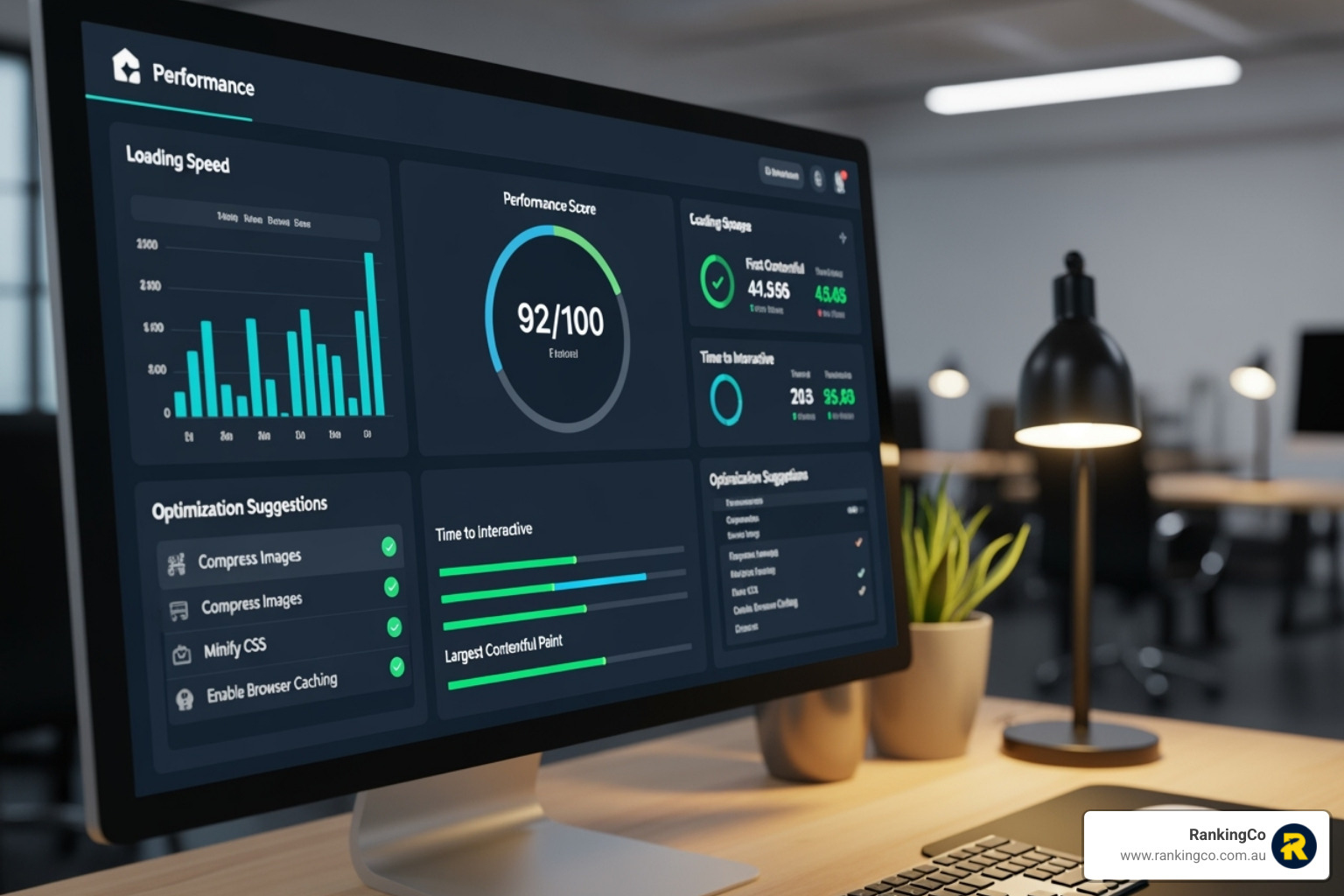
Strategic Keyword Research for Niche Audiences
Keyword research for niche markets is an exercise in precision, focusing on specific, long-tail keywords that indicate strong buyer intent. For niche stores, relevance will always trump raw search volume.
- Long-tail Keywords : These are longer, more specific phrases (typically three or more words) that users type into search engines when they are closer to making a purchase. Phrases like "buy handmade ceramic espresso cups" have lower search volume than "coffee cups" but carry a much higher conversion rate because they capture a user with a very specific need.
- Buyer Intent Analysis : Keywords must be prioritised based on their commercial intent. Terms containing modifiers like "buy," "review," "deals," or specific model numbers indicate a user is in the transactional phase of their journey.
- Competitor Analysis : A thorough analysis of the keywords that direct competitors are ranking for can reveal valuable opportunities. This involves identifying keyword gaps where a store can establish a foothold and areas where it can challenge established players.
- Audience Language Findy : To connect with a niche audience, it is vital to use their language. Researching Google's "People also ask" section, niche community forums, and social media groups uncovers the exact questions, terminology, and pain points of the target customer.
Using comprehensive keyword research tools, these keywords are then strategically mapped to the most relevant pages, including product pages, collection pages, and informational blog content, to create a cohesive SEO architecture.
Optimising On-Page Elements for Targeted Traffic
Once a strategic keyword map is established, every relevant on-page element must be optimised to align with those targets. This is a core component of any effective Onsite SEO strategy.
- Title Tags & Meta Descriptions : These elements are a store's first impression in search results. Title tags should be compelling, include the primary keyword, and remain under 60 characters. Meta descriptions, while not a direct ranking factor, should be crafted as persuasive mini-advertisements (under 160 characters) to encourage clicks.
- Header Tags (H1, H2, H3) : Headers provide logical structure to content for both users and search engines. Each page should have a single H1 tag containing the main topic or keyword, with H2 and H3 tags used to organise subtopics hierarchically.
- Product Descriptions : Unique, persuasive, and keyword-rich product descriptions are essential. They must go beyond manufacturer specifications to highlight unique selling points, tell a story, and address potential customer questions, all while integrating target keywords naturally.
- Image Alt Text : Every image should have descriptive alt text. This improves accessibility for visually impaired users (a key usability signal) and provides context to search engines, boosting visibility in image search results.
- Internal Linking : Strategically linking between related products, collections, and blog posts helps users steer the site and distributes link equity (ranking power) throughout the store. This strengthens the topical relevance of key pages.
- Collection Pages : These pages are often under-optimised. They should be treated as powerful landing pages with unique, keyword-rich introductory text that describes the collection, highlights its value, and guides the user toward a purchase.
Advanced Shopify SEO and Growth Marketing for Niche Online Stores
With a solid SEO foundation in place, the next phase is to lift the strategy with advanced techniques designed to establish the store as the definitive authority within its market. This is the path to attracting higher volumes of qualified traffic and achieving genuine market dominance. Advanced Shopify SEO and growth marketing for niche online stores involves deploying strategies that resonate with the deeper motivations and values of a specialised customer base, ultimately helping to get more traffic that converts.
Building Authority with Niche-Specific Content Marketing
Content marketing for niche stores is not about casting a wide net; it is about becoming the trusted, indispensable voice that the target audience seeks for answers, guidance, and inspiration. The objective is to build a comprehensive knowledge hub that addresses every stage of the customer journey.
- Strategic Content Funnels : Effective content is structured to guide potential customers from awareness to consideration to purchase. This includes top-of-funnel content (e.g., blog posts on "The Benefits of Sustainable Fabrics"), middle-of-funnel content (e.g., detailed buying guides like "The Complete Guide to Choosing Your First Professional Drone"), and bottom-of-funnel content (e.g., detailed product comparisons and case studies).
- Problem-Solving Guides : Providing genuine value through practical, how-to articles and tutorials builds immense trust that naturally translates into sales. This content directly addresses the pain points and challenges of the niche audience, positioning the brand as an expert problem-solver.
- User-Generated Content (UGC) : Encouraging and showcasing customer photos, videos, and reviews creates powerful social proof. UGC is seen as highly authentic and provides a continuous stream of fresh, relevant content for the website and social media channels.
- Video Content : Video is a highly engaging medium for demonstrating products, providing tutorials, and sharing brand stories. Product demonstrations and behind-the-scenes videos are particularly effective for showcasing expertise and building a personal connection with the audience.
By consistently and comprehensively answering an audience's questions, a brand establishes strong topical authority, which leads to higher rankings across a broad cluster of target keywords.
Effective Link Building and Off-Page SEO for Niche Brands
Link building for niche stores is a targeted effort focused on quality over quantity. The goal is to earn backlinks from highly relevant and authoritative sources that the target audience already knows and trusts.
- Guest Posting on Niche Blogs : This involves identifying respected blogs and online publications within the industry and contributing valuable, non-promotional content. A well-placed guest post can drive highly qualified referral traffic and secure a powerful, contextually relevant backlink.
- Influencer and Expert Collaborations : Partnering with micro and nano-influencers who have smaller but highly engaged and relevant audiences can be extremely effective. Their authentic recommendations are trusted by their followers, making them powerful brand advocates.
- Digital PR and Data-Driven Content : Crafting compelling brand narratives or creating original research (e.g., a survey on consumer habits within the niche) can attract attention from journalists and media outlets. This strategy can yield high-authority backlinks from news sites and industry publications.
- Niche Forum and Community Participation : Actively and helpfully participating in niche forums and online Q&A platforms establishes the brand and its representatives as recognised authorities. While direct links may be no-follow, the brand visibility and referral traffic can be substantial.
Successful link building is about earning authoritative endorsements through the creation of genuine value. This approach is fundamental to demonstrating E-E-A-T and building a sustainable, defensible ranking profile.
Leveraging E-E-A-T to Build Trust in Your Niche
E-E-A-T (Experience, Expertise, Authoritativeness, Trustworthiness) is the conceptual framework Google uses to assess content quality, and it is the foundation of customer confidence in niche markets. Demonstrating these qualities is essential for both rankings and conversions.
- Experience : Showcase first-hand, real-world experience. This can be achieved through detailed author bios that highlight the founder's journey, product testing videos, and content that clearly stems from hands-on use and passion for the niche.
- Expertise : Ensure all content is created or reviewed by individuals with demonstrable expertise. This includes citing credible sources, publishing in-depth articles that go beyond surface-level information, and featuring contributions from recognised experts in the field.
- Authoritativeness : Build authority by earning mentions, reviews, and links from other respected entities in the niche. Displaying industry awards, certifications, and media mentions prominently on the site reinforces the brand's standing.
- Trustworthiness : This is the most critical component. Build trust by providing clear and accessible contact information, a detailed 'About Us' page that articulates the mission and values, transparent shipping and return policies, and prominent security badges to reassure customers during checkout.
Scaling with Targeted Paid Advertising
While organic SEO builds a long-term, sustainable asset, paid advertising provides immediate visibility and the ability to reach customers with unparalleled precision. It is a powerful complement to SEO, allowing a niche store to accelerate growth, test new markets, and capture high-intent buyers. A strategic approach to paid media involves leveraging platforms where a specific audience is most active and engaged. Our Google Ads Management services focus on capturing ready-to-buy shoppers, while campaigns on other platforms like Microsoft eCommerce Ads can reach different, often untapped, audience segments.
The Synergy Between SEO and Paid Advertising
These two channels should not operate in silos. A truly effective growth strategy integrates them to create a powerful feedback loop:
- Keyword Data Refinement : Paid search campaigns provide immediate data on which keywords convert best. This insight can be used to prioritise and refine the long-term SEO content strategy, focusing efforts on terms with proven commercial value.
- Improved SERP Real Estate : Running ads for keywords where the store already ranks organically dominates the search engine results page (SERP). This increases brand visibility, pushes competitors further down the page, and significantly boosts overall click-through rates.
- Improved Ad Performance : A strong organic presence and a well-optimised landing page (a result of good SEO) can lead to a higher Quality Score in Google Ads. This, in turn, can lower the cost-per-click (CPC) and improve ad positioning.
Key Paid Advertising Platforms for Niche Stores
- Google Ads
: This platform is indispensable for capturing high-intent searches.
- Shopping Ads : These visual ads are highly effective for e-commerce, displaying product images and prices directly in search results. They are ideal for reaching customers at the exact moment they are looking to buy.
- Search Ads : Text-based ads targeting specific long-tail keywords allow a brand to answer a user's query directly and drive them to a relevant product or category page.
- Performance Max : This automated campaign type uses machine learning to reach audiences across all of Google's channels (YouTube, Display, Search, Find, Gmail, and Maps) from a single campaign, optimising for conversions.
- Meta Ads (Facebook & Instagram)
: These platforms excel at demand generation, findy, and remarketing. Their powerful targeting capabilities allow niche stores to reach users based on detailed interests, behaviours, and demographics.
- Lookalike Audiences : This feature allows a brand to find new users who are similar to its best existing customers, creating a highly relevant pool for prospecting.
- Interest Targeting : Brands can target users who have expressed interest in niche topics, followed specific influencers, or are part of relevant groups.
- Retargeting Campaigns : Niche products often have a longer consideration phase. Retargeting is crucial for keeping a brand top-of-mind. It involves showing custom ads to users who have previously visited the site, viewed a product, or abandoned a shopping cart, guiding them back to complete their purchase across both Google and Meta platforms.
A holistic approach where SEO, social media, email, and paid advertising work in concert creates multiple, consistent touchpoints that guide customers from initial findy to purchase and foster long-term loyalty.
Get Found First – Partner with the Experts
The journey to dominating a niche market through Shopify SEO and growth marketing for niche online stores is a strategic endeavour focused on creating a sustainable, defensible competitive advantage. This guide has provided the framework for changing a specialised store from a hidden gem into a recognised market leader by combining a robust technical foundation with advanced, authority-building growth strategies.
Success in niche markets is not achieved by competing with everyone; it is achieved by becoming indispensable to the right customers. A holistic growth marketing approach—one that seamlessly integrates organic search visibility, targeted paid advertising, engaging social media, and automated email marketing—works in concert to create multiple, meaningful touchpoints with a passionate audience. This builds a brand, not just a business.
For startups and scaling businesses looking to expand their reach from Australia and New Zealand to the US and Canada, a strategic partner who understands both local market nuances and the complexities of global expansion is critical. RankingCo specialises in helping niche businesses achieve precisely this kind of intelligent, sustainable growth.
Our Brisbane, QLD-based team combines deep, specialised expertise in eCommerce SEO with advanced AI technologies to deliver exceptional, data-driven results for clients worldwide. It is understood that niche markets require specialised knowledge and bespoke strategies, not one-size-fits-all solutions. A deep dive into a brand's unique audience and competitive landscape is the starting point for every engagement.
Whether a business requires a comprehensive Technical SEO audit to open up its performance potential, strategic Google Ads Management to capture high-intent buyers, or a full-funnel marketing service that encompasses global and local SEO, our team possesses the expertise to drive meaningful results. A unique position in the market is an asset; with the right strategy, it becomes the greatest competitive advantage.
If you are ready to transform your niche Shopify store into a market-dominating force, contact RankingCo today to discuss how a custom growth strategy can help you achieve sustainable growth and long-term success.

